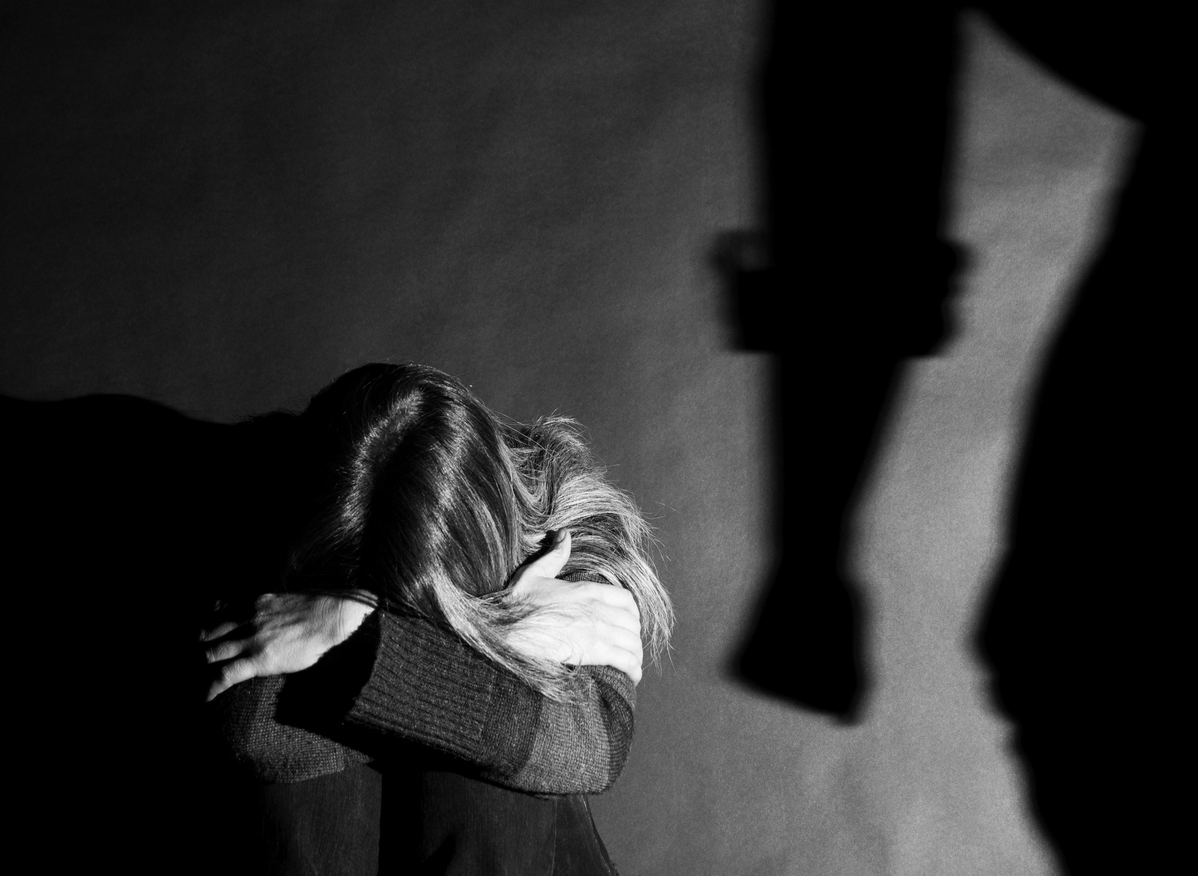The charges against Mason Greenwood, the Manchester United footballer who was accused of assault and attempted rape, have been dropped. Yet the trial of both him and the woman involved in the case continues unabated online. The ongoing discussion of the case brought back painful memories of my experience at the hands of my rapist – and the verdict of online trolls about what happened to me.
When the reports about the conviction of my ex-boyfriend and abuser were published online, I did my best to ignore the coverage. But one afternoon, I scrolled through the comments on a tabloid news article about my case. I knew I shouldn’t look, but the article was about me and events that changed my life forever. I couldn’t resist; I started reading.
‘If he was her boyfriend, was any contact they had not consensual?’ read one comment. ‘They were boyfriend/girlfriend and had regular sex and she’s accusing him of rape? Am I missing something?’ asks another.
It should be easy to brush such comments off. They’re just faceless trolls, right? But it wasn’t just on the internet that I saw this reaction. When Daniel McFarlane, who was found guilty of two rape charges and sentenced to five years in prison in July last year, first told a friend what he’d done to me, he was met with an apathetic: ‘These things happen’. On telling a male acquaintance about the abuse he replied: ‘Oh, well, he was your boyfriend…’.
Almost everyone agrees that rape is wrong. Most people view it as victims being snatched unwittingly, dragged kicking and screaming into alleyways by shadowy figures. But the reality is that most victims of rape are assaulted by someone they know: a family member, partner, or friend. In such cases the condemnation is much less forthcoming, as I found out myself.
The reality is that most victims of rape are assaulted by someone they know: a family member, partner, or friend. In such cases the condemnation is much less forthcoming
It took a long time and a lot of hurt before I left my abuser. I loved him. I thought I could bring out the good in him; that the past could be buried. In spite of all logic, his abuse made me even more dependent. The more he hurt me, the more isolated I became; paradoxically, it felt like he was the only person who could bring me comfort.
A mental health crisis brought into sharp focus the harm he was causing me and it was then I tried to leave. But if it had been difficult even coming to that decision, things didn’t get any easier afterwards. He stalked me, threatening to kill himself if I didn’t take him back – and so I did. It took another year until I finally succeeded in cutting him out of my life.
When I did eventually decide to go to the police, around three years after the first time I was raped, they told me what happened to me was domestic violence. That was the first time I’d ever heard the term attributed to rape in a relationship and the first time I’d ever considered it may have happened to me. I knew that what he’d done to me would be called rape and he knew it too. I also knew he could be physically violent on occasion, and that he was emotionally manipulative. But to me, domestic violence was long-term abuse occurring in a household; an older man subjecting his wife to violence, a term not relevant in the context of a young couple.
Rape in a relationship is the last taboo. The unspoken crime. It is an act that is so incredibly destructive and yet so difficult for people to recognise and condemn. It is not any less an offence because it is committed by a partner; indeed, being assaulted by the person who claims to love you carries its own unique pain. Feelings of intense betrayal and violation collide with romantic feelings towards the abuser, despite the rational mind knowing that what happened wasn’t right.
But the reaction to reports of recent sexual assault allegations, or even convictions, demonstrates that misconceptions still exist in society’s understanding of sexual violence. Horrific revelations about those in positions of trust, such as the Met Police officer David Carrick who was locked up for life last week having been convicted of a string of rapes, shows that a person’s status in society doesn’t make you immune to committing awful deeds. Yet Carrick believed – and rightly for many years – that because he was a police officer he could escape justice. He told victims, many of whom he was in a relationship with, that if they went to the police they would not be believed.
Justice has finally been done in that particular case. But the reality is that many rapists continue to get away with their crimes – and their victims face the ignominy of having their sex lives discussed online. While our criminal justice system has many flaws, it does not consider the relationship between victim and perpetrator as a mitigating factor during sentencing. It’s time that we start to do the same.






